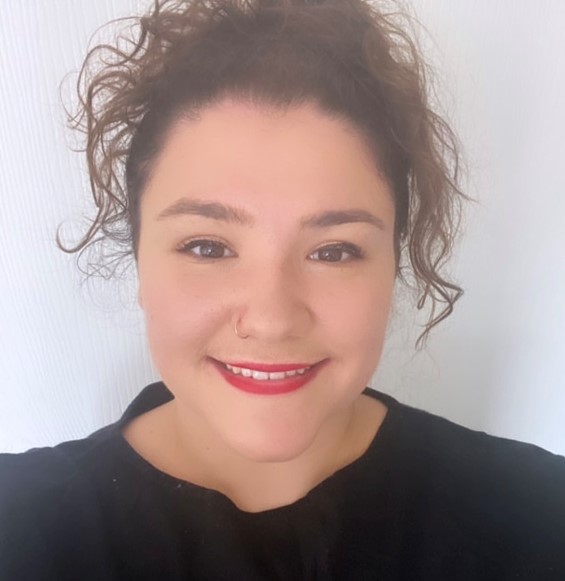This Anti-Bullying Week, we should enable children to use their power to speak up about bullying. Our Policy Manager, Nina, reflects on her decade of experience working in primary schools in this blog that speaks about the warning signs, and how we all need to play our part in supporting children.
I remember the first time I ever witnessed bullying as a student teacher. On this occasion, I saw a group of children leave an activity table as soon as another girl approached it. When I spoke to the girl, she told me that the same group of children often walked away from her when she tried to play with them. She said they made faces when she was near them or would laugh and ignore her whenever she tried to talk to them. As they had never hurt her physically, she didn’t name it as bullying, but their behaviour was making her very upset. Along with senior staff and her parents, we were able to deal with the bullying effectively, but it made me realise that if a child is uncertain about what bullying is, it’s very hard for them to seek the help they need.
My decade of experience as a primary school teacher and leader showed me how important it is that children talk about, and understand, the different forms of bullying. Anti-Bullying Week is a great time to highlight this issue, but anti-bullying needs to be woven into interactions with children throughout the year.
Teaching children that bullying is intentionally hurtful behaviour that is either repeated or involves an imbalance of power, such as a group against one person, helps them understand how to identify it. Children, including very young ones, are often able to talk about the different ways bullying can occur, such as physical or verbal abuse, cyber bullying, social exclusion, threats or belittling someone. Using stories is a great way to explore situations of bullying with children, such as through imaginary characters in scenarios or using books such as ‘Bullies, Bigmouths and So-called Friends’ by J Alexander. Hypothetical but relatable scenarios allow children to reflect and explore instances of bullying, and talk about what different characters should do, in a way that feels safe for them.
Children also need to know that bullying can happen anywhere, to anyone, at any age, but that some groups of people are at greater risk of being bullied. This is due to their gender, racial background, religion, sexual orientation, or having special educational needs or disabilities (SEND), and it is important that children have the language to articulate instances of bullying by recognising them as sexism, racism, homophobia or ableism. Giving children the vocabulary they need to recognise instances of prejudice and discrimination is empowering for them – they can notice it and seek help when they need it.
Although there is no one way to spot if someone is being bullied, there are some signs to look out for:
- reluctance to go to school, and/or a change in academic attainment
- a change in behaviour such as a loss of confidence and increased nervousness
- not being able to sleep, a change in eating habits or displaying bullying behaviour themselves
We know that bullying can have a long-lasting impact on the mental health and overall wellbeing of both those bullying and the ‘bully’. Bullying can lead to children becoming socially isolated, feeling withdrawn from their friends and peers, uncomfortableness or suspicion of others and reduced academic attainment. In its most significant form, it can lead to anxiety, depression and post-traumatic stress disorder (PTSD). This is why it is crucial to listen and support children when they talk about an incident of bullying.
Finally, a child being bullied should know that it is never their fault and that they will be listened to and taken seriously. As adults, we must enable children to believe that they have the power within themselves to speak up, whether that be to their parent, carer or a familiar trusted adult such as their teacher or someone at school. All children should also know Childline’s number 0800 1111 where they can get confidential advice, information and support.
